
Post-Brexit wave of hate has laid bare the tensions and divisions in Britain
Following the vote to leave the European Union, there has been a sudden upsurge in racist incidents in Britain. The wave of hate has taken many people by surprise, and has laid bare some of the tensions and divisions eating away at the heart of the United Kingdom. It has also called into question Britain’s claim to be a liberal and inclusive multicultural society, leading to considerable soul searching. A state that has often spoken out against identity politics and prejudice abroad is now facing up to the reality that these issues need to be addressed back home. Predictably and understandably, much of the recent commentary as focussed on the divisive referendum campaign and the fact that the UK voted …

Democracy against the odds
Democracy in Africa: Successes, Failure and the Struggle for Political Reform testifies to the ability of African states to democratize against the odds. It effectively introduces a framework for understanding how leaders choose to respond to the pressure to liberalise their political systems, covering the recent history of African politics and providing great detail on the return of multiparty politics in Africa since the early 1990s. In this Q&A, Ian Cooper of the Department of Politics and International Studies (POLIS) at the University of Cambridge interviews Professor Nic Cheeseman, Associate Professor of African Politics, Jesus College, University of Oxford, on his recent publication.
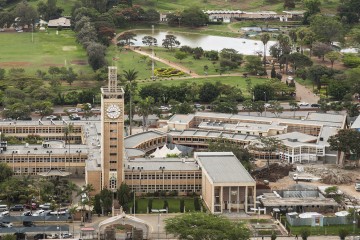
Parliaments and the defence of democracy
National legislatures too frequently pass legislation limiting freedom and democracy. To change this requires not just training, but also an appeal to the personal incentives of individual MPs. The last few years have not been good to democracy. According to the US think tank Freedom House, 2014 saw a “disturbing decline in global freedom”, with twice as many countries suffering democratic declines as enjoying democratic gains. This problem has not been contained in one region, but has proved to be a much broader phenomenon, from campaigns against media freedom in Egypt and Turkey to homophobic legislation in Africa and sustained conflict in Iraq and Syria. Worryingly, this is the ninth year in a row that a drop in the overall level …
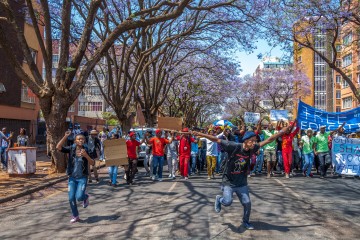
Higher Education in Africa: Four Key Challenges
This sentiment is echoed by governments and citizens across the world: Education can help us to better understand the world around us and our place in it, equipping us to push for good social, economic and political change. Higher education across Africa is booming. The number of students enrolled in tertiary education has increased from fewer than 200,000 in 1970 to around 10 million today. Universities in Kenya, Morocco, Nigeria, South Africa, and Uganda are leading lights from the continent in the 2016 Times Higher Education rankings. But, as thousands of protesting students across South Africa have highlighted over the last ten days, education does not always live up to its promise. Instead, universities can serve to reinforce the inequalities …
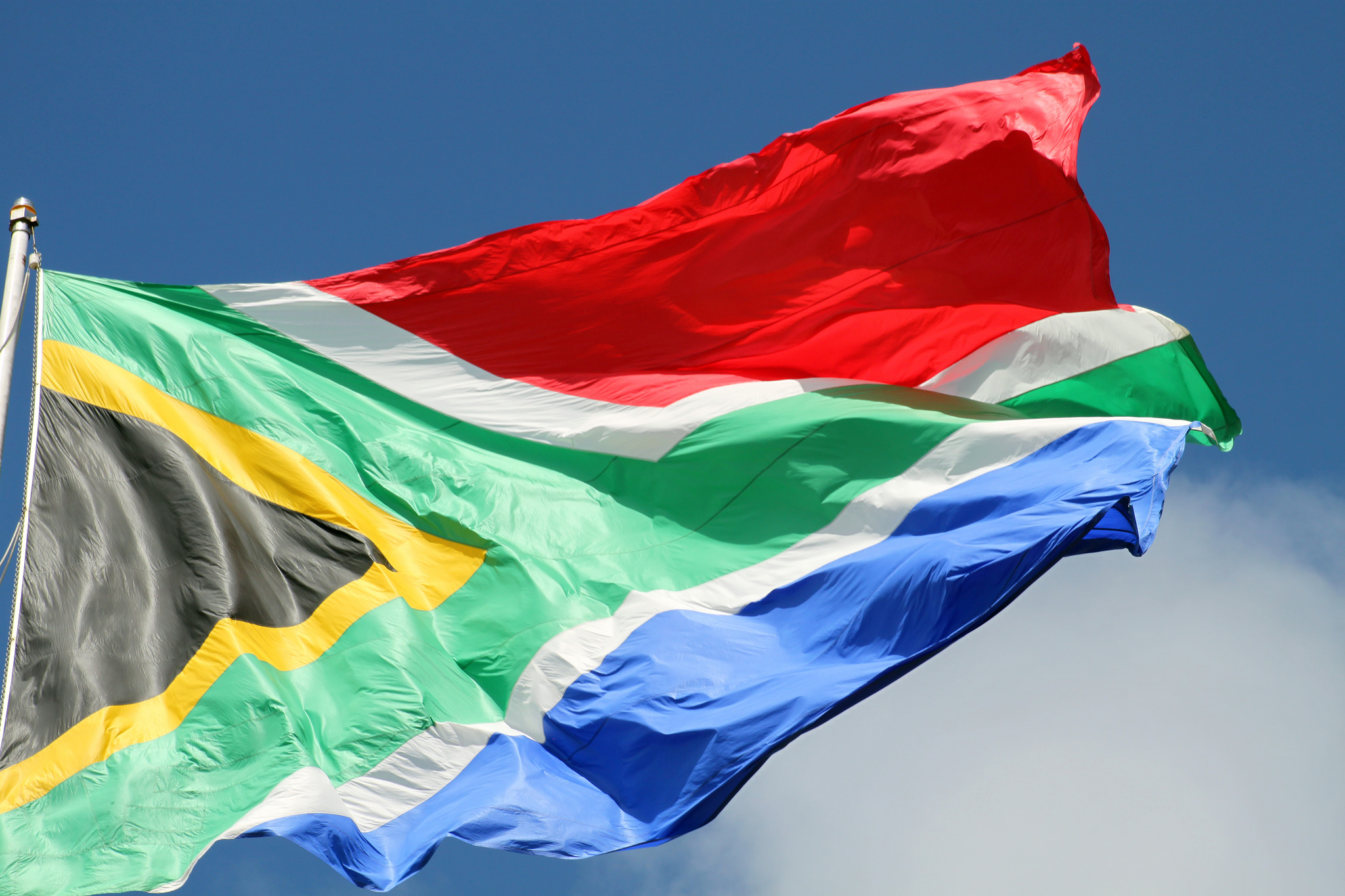
Xenophobia and the elusive Pan African dream
It is hard not to be depressed about the news over the last couple of weeks.
I am writing from South Africa where I am visiting some colleagues at the University of Cape Town. Last month the media was dominated by the xenophobic violence that has resulted in the deaths of seven people and the injury of many more.
Hundreds of foreign-owned shops and businesses have been destroyed, and thousands of people have been displaced.
It is unclear exactly what triggered this first wave of attacks on people from other African states, which spread from Durban to the country’s economic capital, Johannesburg.
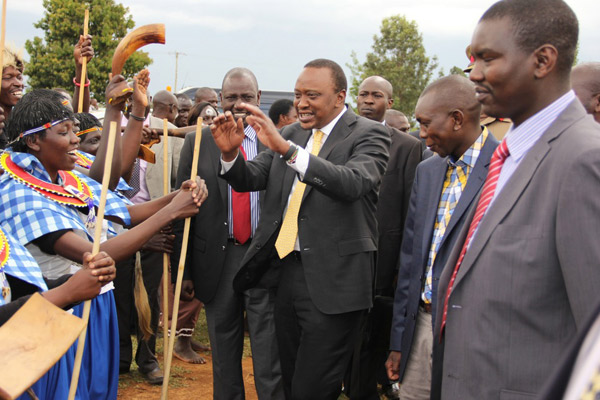
The lack of trust at the heart of Kenya’s democracy
Trust is critical to democracy. Citizens that trust each other not to exploit the system and more likely to pay tax and to follow the rules themselves. Leaders who trust each other are less likely to resort to violent strategies and more likely to accept the results of controversial political processes. As a result, the lack of trust at the heart of Kenyan politics is a major barrier to the consolidation of democracy.
Kenyans do not trust each other as much as Tanzanians. The World Values Survey, which asks citizens around the world about their activities, beliefs and opinions, has consistently found that Kenyans are less trusting than their counterparts on the other side of the border.
Indeed, compared to many societies in Africa, Kenyans are less likely to say that they trust people they don’t know, and less likely to say that they trust people they do know.
At the same time, domestic opinion polls regularly find that a majority of Kenyans lack trust in some of the county’s most important democratic institutions.
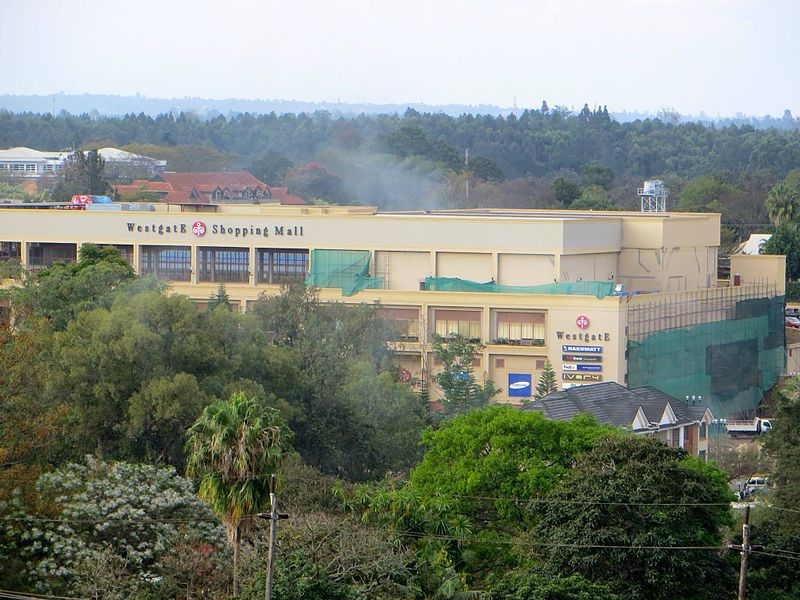
How to respond to the Nairobi terrorist attacks
Following the terrorist attack on the Westgate Mall in Kenya, there have been calls for the government to pursue a number of different strategies which, if they are implemented on their own, they are likely to fail.
An integrated approach is the only way to secure Kenya. But even this will have little effect unless it goes hand in hand with a serious attempt to reform the military and the police.

Now East Africa Faces the Resource Curse
Anniversaries make us reflect on our past. In this of all years, the temptation to look back on the highs and lows of nationhood is almost overwhelming.
Like most people approaching their senior years, independent Kenya is marking its 50th birthday by attempting to cling to its youth. A Kenyatta is back in State House and an Odinga faces an uncertain future of political isolation.
A system of devolved government is fighting for its life. The government is underpinned by an alliance of Kikuyu and Kalenjin. Even Moi seems to have broken his exile from public life. Most important of all, the economy is set for a period of sustained growth.
But reliving the Swinging 60s threatens to let the songs of the youth drown out the noise of real changes taking place.










